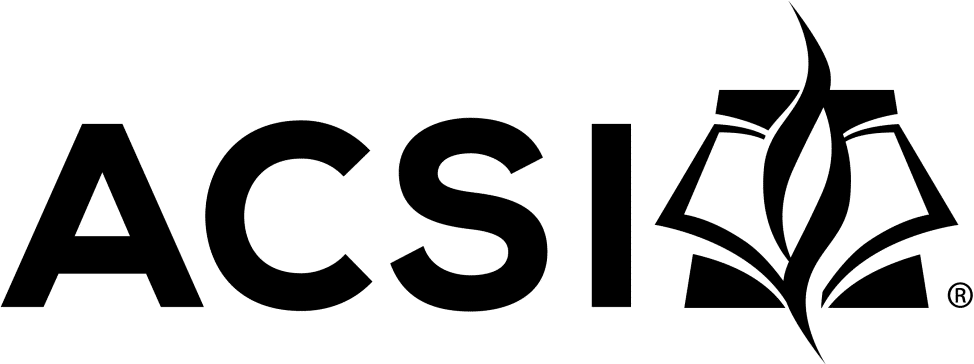- About CCS
- Admissions
If questions arise or you would like to schedule a tour, email the Admissions Office or fill out an online Request for Information.
- Academics
- Athletics
- Teams by SeasonTICKETS & MEDIA
- Arts
- Student Life
- Support CCS
- THE BRIDGE TO OUR FUTURE
Skip to content

Home Academics Middle School Middle School Curriculum
Academics
Middle School Curriculum
Cypress Christian School rests upon three legs – academic excellence, biblical values and cultural impact. These three must be equally strong and secure. Middle school teachers provide an engaging, age-appropriate classroom experience that moves each child along the path of academic preparation for his or her unique future. Middle school seeks to offer students opportunities to add rigor to their academic trajectory by offering a variety of electives, tracks to allow students to excel in academic areas and the opportunity to begin high school courses while in middle school.

Sixth Grade Overview
Sixth grade is a student’s first steps away from the elementary school experience and into a more independent and mature way to pursue academic success. Sixth graders have six teachers each day and move from class to class using a bell schedule. Students learn to be responsible for their actions and progress in school. Practicing those academic skills that will impact their success in high school and college is an important part of sixth grade.
Bible
The students will study the Bible as the Living Word of God. They will memorize Scripture and learn how to apply it in his/her own life. The goal is to prepare students to answer the big questions about God, the universe, people, truth and right and wrong. Students will explore all 66 books of the Bible.
ELA
This course is designed to equip students with the essential elements of cohesive, coherent, written communication. Students learn to identify sentence constructions and to write grammatically correct sentences, paragraphs and essays. Students write for a variety of purposes and audiences as well as in a variety of genres and are required to produce research papers and projects of varying lengths. Students learn the basic guidelines for MLA documentation and use them in research papers and projects.
Math
Students will use mathematical facts and skills previously learned with greater speed and accuracy. They will utilize good study habits and proper time management in working problems. Students will apply learned mathematical concepts to everyday life situations and demonstrate genuine learning through the ability to apply concepts in daily encounters with new situations.
History
This course exposes students to the concept of studying history and the tools used by historians. Students will examine various ancient civilizations. In each case, students will learn key terms and events asking what each of these histories add to our own as well as how God’s hand has moved making it all His story. Cross-disciplinary assignments are used to practice writing and speaking skills while learning about topics, individuals and events in social studies.
Science
The students will develop their knowledge of God through studying earth science, physical science, physics and chemistry. They will develop scientific literacy using scientific knowledge, skills and attitudes to identify and solve science-related problems. The students will select cause-and-effect relationships to explain problems. They will identify how science and technology can have both positive and negative effects on one’s personal life.
Rotational classes
During each of the four quarters of the academic year, sixth graders participate in different classes to expose students to various fine arts and STEM activities. In grades seven and eight, students choose from a wide variety of elective classes.
Seventh Grade Overview
Seventh graders are maturing rapidly and building upon the skills they learned in previous grades. They are ready to dig deeper into more complex subjects and to learn to express their ideas to others. Seventh graders continue to examine their own values and beliefs and compare those with other systems. Taking responsibility for prioritizing and completing school assignments is important for seventh graders. Seeing students blossom in their talents is an exciting part of middle school.
Bible
Students will be exposed to a one-year survey of all 66 books of the Bible. The curriculum fits together the pieces of the story of the Bible. Like a road map, it provides middle school students with an aerial view of God’s Word and works to prepare their understanding and heart for more detailed concepts that will come later.
ELA
English 7 uses a variety of types of literature to strengthen comprehension, reading strategies, and literary analysis. Students are expected to read independently and in guided-reading opportunities. Students practice skills in plot analysis, characterization, theme, recognizing literary techniques and examining works for worldview. Grammar skills are reviewed and strengthened through daily editing practice and instruction and practice related to types of sentences, phrases and verbals. Another component is vocabulary enrichment. Students identify new words in reading assignments and use various context clues to unlock meaning. Writing is emphasized throughout the year by direct instruction in various modes of writing including personal writing, narratives, research papers and analytical assignments. Oral expression is encouraged and practiced informally through small group assignments and more formally in oral book reports and assigned oral presentations throughout the year.
Math
Students will recognize and employ basic forms of numbers and word problems in evaluating arithmetic and algebraic expressions. They will relate mathematical and algebraic concepts to everyday life situations. Students will think logically and begin to apply this logic to other areas of study. Students will also be introduced to algebraic topics such as the evaluation and simplification of algebraic equations and the introduction of geometric concepts.
History
Social Studies is the study of human history, law, religion, economics, ethics, morals, social institutions, recreation, art, customs, traditions, social interactions with each other and man’s interactions with God. By studying man’s relationship with his fellow man and with God in the past, the student will gain insight into his own relationships with God and his fellow man in the present, with the ultimate goal of finding wisdom for how to live in the most beneficial way in the future. The study of history is fundamentally incomplete unless it includes the study of the incarnation, life, death and resurrection of Jesus Christ of Nazareth, the Son of God.
Science
Science is the study of God’s universe through observation, analysis and experimentation. In this course, the student will learn about the observations, analysis and discoveries that scientists have made about the living things that make up God’s world. Units of study include cell structure and function, genetics, reproduction of organisms, plant and animal diversity, plant structures and the human body.
*In addition to the core classes offered, students have the opportunity to choose from a variety of electives. Beginning in seventh grade, students can elect to take Introduction to Spanish to prepare for an option of taking Spanish 1 for a high school credit in eighth grade.
Eighth Grade Overview
Eighth graders are on the cusp of high school and are growing in their independence and sense of identity. Many are ready for high school classes such as Spanish I or Algebra I. Eighth graders enjoy more academic independence and critical thinking opportunities. Classes are designed to allow students to practice the skills that will be needed in high school. CCS offers greater differentiation in academic courses in eighth grade.
Bible
Eighth grade Bible allows students to interact more deeply with the truths that God has revealed through His Holy Word in comparison to competing worldviews so that each student would: (1) come to know Christ as Savior, if this is not already a reality (Romans 10:9-10), (2) grow closer to the Almighty through a personal relationship with Christ (Ephesians 4:13-15, 2 Timothy 2:15-16) and (3) begin to live out a biblical worldview that includes sharing his/her faith and discipling others (Matthew 28:19-20).
ELA
This course continues to build upon the most vital aspect of academic success: critical thinking and writing. Students continue to sharpen their analytical skills through interpreting literary works and examining language. As students prepare for high school, they focus on the skills required for a thoughtful analysis of literature and language and the vital task of expressing this analysis in concise but insightful discourse in a variety of modes always connected to meaning. Students learn academic research skills and how to incorporate research into academically well-written essays and research assignments using MLA documentation guidelines. The skills, strategies and assessments prepare students for advanced and dual credit classes in high school.
Math
Students in eighth grade have two options for math: Math 8 or Algebra I (high school credit earned). In Math 8, students will demonstrate proficiency of rational numbers, exponents, roots, dilations, linear relationships, functions, multi-step equations and other algebraic concepts. In Algebra I, students will demonstrate proficiency in the following categories: variables, function patterns and graphs; rational numbers; solving equations and inequalities; graphs and functions; linear equations and their graphs; systems of equations and inequalities; exponents and exponential functions; polynomials and factoring; quadratic equations and functions.
History
This course will look at the early European explorers and the effect they had on developing the colonies in the new world. It then moves toward the colonization and independence of the new nation. The course progresses through the developing nation to the War Between the States and ends with the Reconstruction era. This course will also acquaint the student with the fundamental workings of government in the United States. The responsibilities of citizenship are stressed to prepare students to participate in the democratic process. Students will be made aware of the Judeo-Christian heritage of this great nation. During presidential election years, a special emphasis will be given to the election, issues and nominees.
Science
In eighth grade science, students conduct laboratory and field investigations, use scientific methods during investigation and make informed decisions using critical thinking and scientific problem solving. This course integrates the disciplines of physics and chemistry in the following topics: force, motion, energy and matter.
*In addition to the core classes offered, students have the opportunity to choose from a variety of electives. Beginning in seventh grade, students can begin Introduction to Spanish to prepare for an option of taking Spanish 1 for a high school credit in eighth grade.




